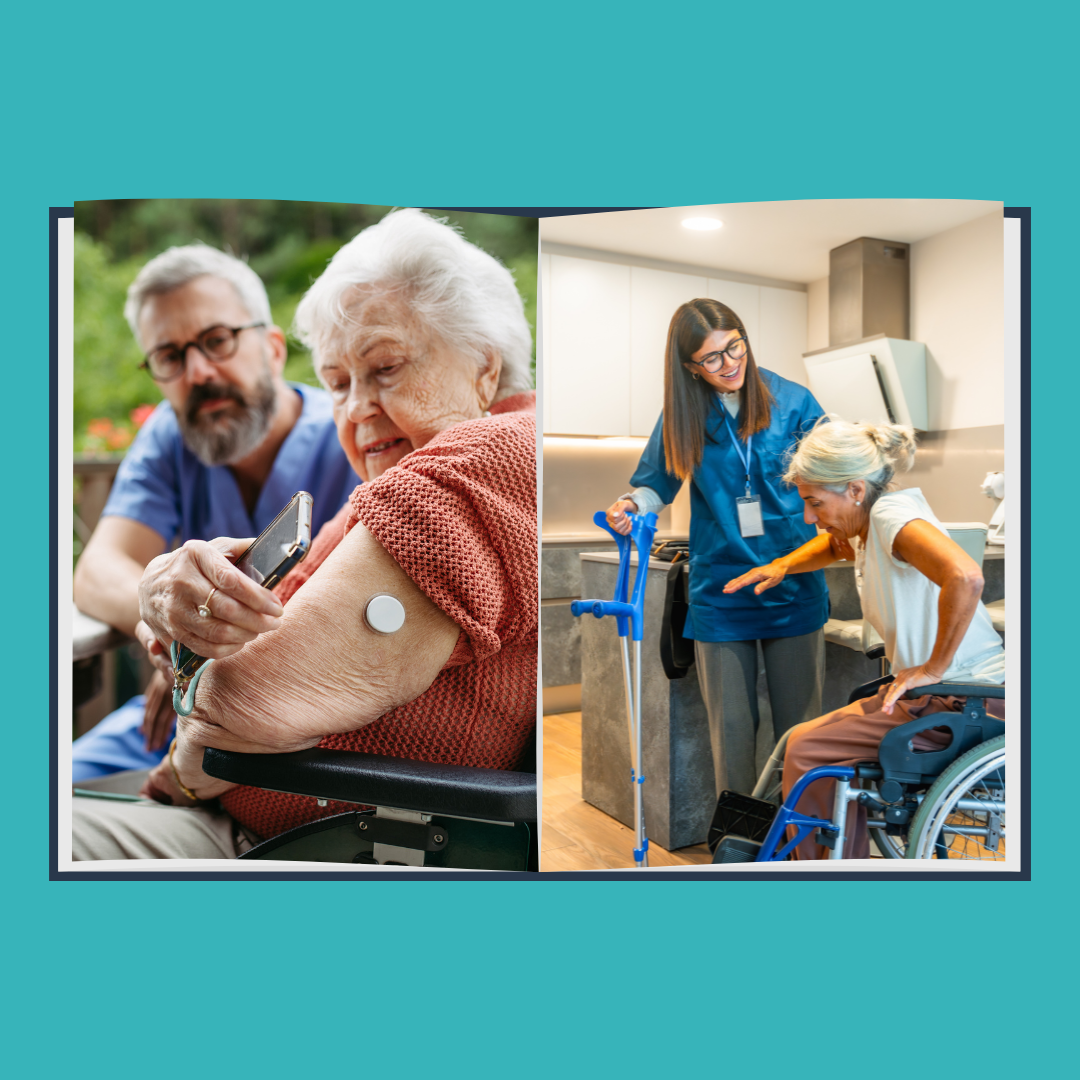New Paragraph
November 6, 2023
Personal Care at Home: Advice for Keeping Seniors Hydrated and Healthy
Introduction
As our loved ones age, their health and well-being become a top priority. One crucial aspect of senior care at home is ensuring that they stay adequately hydrated. Dehydration can lead to a range of health issues in seniors, so it's essential to be proactive in maintaining their hydration levels. In this blog post, we'll explore the importance of hydration for seniors and provide practical advice on how to keep them hydrated and healthy at home.
The Importance of Hydration for Seniors
Age-related changes:
Aging can bring about various changes in the body, including a reduced sense of thirst, a decreased ability to retain water, and an increased risk of chronic conditions like diabetes and kidney disease. These factors make seniors more vulnerable to dehydration.
Health consequences:
Dehydration can have severe consequences for seniors, such as urinary tract infections, kidney stones, and a higher risk of falls due to dizziness and weakness. In extreme cases, it can even lead to hospitalization.
Cognitive function:
Dehydration can impair cognitive function in seniors, leading to confusion, memory problems, and an increased risk of delirium. Proper hydration is crucial for maintaining mental clarity.
Practical Advice for Keeping Seniors Hydrated
Monitor fluid intake:
Keep track of the fluids your senior loved one consumes each day. Encourage them to drink water, herbal tea, and low-sugar, low-sodium beverages. Aim for at least 8-10 cups of fluids daily.
Incorporate hydrating foods:
Include fruits and vegetables with high water content in their diet, such as watermelon, cucumber, and oranges. These can contribute to their daily fluid intake.
Set a schedule:
Establish a routine for drinking fluids, with specific times for water breaks. This helps seniors remember to hydrate, even if they don't feel thirsty.
Offer fluids they enjoy:
Seniors may be more inclined to drink fluids they find appealing. Prepare drinks that they like, such as decaffeinated coffee, herbal teas, or flavored water.
Avoid dehydration triggers:
Be mindful of factors that can lead to dehydration, such as hot weather, certain medications, or strenuous activities. Adjust fluid intake accordingly during these situations.
Use hydration reminders:
If your senior loved one has memory issues, consider setting alarms or using mobile apps to remind them to drink fluids throughout the day.
Regular health check-ups:
Ensure your loved one sees their healthcare provider regularly. They can monitor hydration levels and provide guidance on managing any underlying medical conditions that may contribute to dehydration.
Keep the environment comfortable:
Maintain a comfortable room temperature, as excessive heat can lead to increased fluid loss through sweat. Use a humidifier to prevent dry air, which can also contribute to dehydration.
Encourage social interaction:
Seniors may forget to drink when they're lonely or not engaged. Encourage them to spend time with family and friends, as social interactions often involve sharing meals and beverages.
Be vigilant for signs of dehydration:
Watch for symptoms like dry mouth, dark urine, sunken eyes, dizziness, and confusion. If you notice any of these signs, take action to increase their fluid intake immediately.
Conclusion
Proper hydration is a fundamental aspect of senior care at home. By understanding the unique challenges seniors face in staying hydrated and following the practical advice provided, you can help your loved ones maintain their health and well-being. Remember that staying hydrated not only supports physical health but also contributes to cognitive function and overall quality of life for seniors.

Falls are the leading cause of injury among seniors—and one of the main reasons families begin considering in-home care. A single fall can lead to fractures, hospital stays, or long-term loss of independence. Why Seniors Are at Higher Risk • Muscle weakness and balance issues • Vision or hearing loss • Medication side effects • Cluttered or poorly lit living spaces • Chronic health conditions After a fall, many seniors become fearful of moving, which further increases weakness and fall risk. Signs a Senior May Be at Risk • Unsteady walking or holding onto furniture • Difficulty standing from a seated position • Frequent bruises or unexplained injuries • Avoiding stairs or certain areas of the home How In-Home Care Prevents Falls Caregivers help by: • Assisting with walking and transfers • Identifying and reducing home hazards • Encouraging safe movement • Monitoring physical changes • Providing immediate help when needed Preventive care allows seniors to stay active, confident, and safe—reducing the likelihood of emergency situations.








